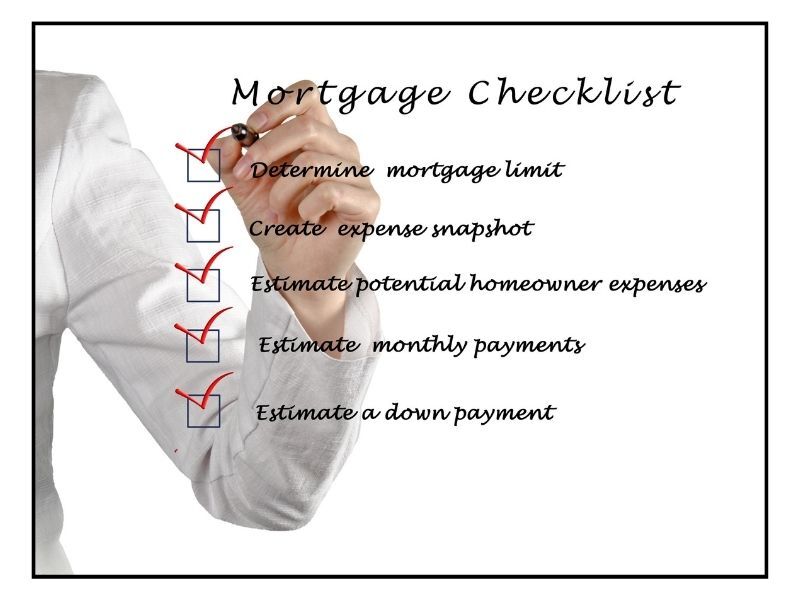 Are you starting to get the renovation itch? With spring on the way, you might be tempted to launch those home improvement projects that you contemplated over the winter. However, as with any project, you will want to get things right. Let’s take a look at four renovation shortcuts that can lead to disaster and the steps you can take to avoid them.
Are you starting to get the renovation itch? With spring on the way, you might be tempted to launch those home improvement projects that you contemplated over the winter. However, as with any project, you will want to get things right. Let’s take a look at four renovation shortcuts that can lead to disaster and the steps you can take to avoid them.
Shortcut #1: Not Understanding Your Home’s Structure
Before you undertake any renovation involving your home’s structure, you must be confident that you know exactly what is where. For example, do you know what is inside of your walls? You might be surprised to learn what is hiding behind those pieces of painted drywall. Electrical wiring, plumbing, structural supports, insulation and possibly even soundproofing material can all be damaged by misplaced nails or cuts. You might also discover damage caused by pests, mold, or water which needs to be repaired.
Shortcut #2: Not Measuring Everything (At Least) Twice
You have likely heard this tired cliché: “measure twice, cut once.” However, what you may not realize is that was intended for professionals. If you are new to renovating, you will want to measure at least twice, if not three times or more. A small measuring mistake of one-half-inch can mean the difference between your new cabinets fitting and not fitting. Or your tiles lining up with one another or not.
Shortcut #3: Not Using Quality Tools And Materials
Another shortcut that homeowners try to take when starting do-it-yourself home projects is using cheaper materials or whatever tools they have handy. Keep in mind that you are investing in your home and that you are saving money by not paying for the labor. Use those savings on top-quality materials that will withstand the test of time.
Shortcut #4: Not Calling A Professional After You Mess Up
Finally, one shortcut that must be avoided at all costs is not calling a professional if you have made a significant mistake. If you end up drilling into the wrong wire, or you damage something else beyond your repair skills, don’t try to patch it up. Swallow your pride and make the call. You will be able to sleep soundly knowing that whatever was damaged isn’t at risk of failing later.
Renovating your home is the best way to increase its value, but even the smallest mistake can blow up into a major problem in the future. To learn more about your home’s value, contact us today.
 The first week of December’s largest reports are the GDP estimates, which will be the second estimations of the year prior to the final release. The final GDP reports will be after the new year and
The first week of December’s largest reports are the GDP estimates, which will be the second estimations of the year prior to the final release. The final GDP reports will be after the new year and Are you in the market for a new home? If you plan on using mortgage financing to buy your next home you’ve likely heard the phrase “loan-to-value” or the acronym “LTV” before. Let’s take a quick look at the loan-to-value ratio including why it’s important, how to calculate it, and how it can affect your mortgage.
Are you in the market for a new home? If you plan on using mortgage financing to buy your next home you’ve likely heard the phrase “loan-to-value” or the acronym “LTV” before. Let’s take a quick look at the loan-to-value ratio including why it’s important, how to calculate it, and how it can affect your mortgage. Have you finally found your dream home after months of searching, and then you are told that the seller has received other offers? No buyer wants to find themselves in a bidding war against another buyer as it is a stressful situation. Being unprepared and not having your finances in order will make it even more stressful. Here are a few quick ways if you’re looking to speed up your mortgage approval process, here’s a checklist to help you prepare:
Have you finally found your dream home after months of searching, and then you are told that the seller has received other offers? No buyer wants to find themselves in a bidding war against another buyer as it is a stressful situation. Being unprepared and not having your finances in order will make it even more stressful. Here are a few quick ways if you’re looking to speed up your mortgage approval process, here’s a checklist to help you prepare: As retirement approaches, many individuals find themselves faced with financial challenges and uncertainties. One option that is often overlooked but can be incredibly beneficial is the reverse mortgage. A reverse mortgage is a financial tool that allows homeowners aged 62 and older to convert a portion of their home equity into tax-free funds. Here are three compelling reasons why you might consider a reverse mortgage when nearing retirement:
As retirement approaches, many individuals find themselves faced with financial challenges and uncertainties. One option that is often overlooked but can be incredibly beneficial is the reverse mortgage. A reverse mortgage is a financial tool that allows homeowners aged 62 and older to convert a portion of their home equity into tax-free funds. Here are three compelling reasons why you might consider a reverse mortgage when nearing retirement: When it comes to mortgages, a “buydown” generally refers to paying an extra fee upfront to reduce the interest rate over a specific period. There are typically two types: temporary buydowns and permanent buydowns.
When it comes to mortgages, a “buydown” generally refers to paying an extra fee upfront to reduce the interest rate over a specific period. There are typically two types: temporary buydowns and permanent buydowns. There will be a very light week with the Holiday season approaching. The only notable reports to have come out for the week are the U.S. economic leading indicators, with nothing scheduled around Thanksgiving weekend. The median forecast for the leading indicators has shown that with the rest of the CPI and PPI data among other economic statistics, the economy does seem to be heading towards a soft landing as the Federal Reserve had initially targeted. The most notable changes are lending partners cutting rates with the potential for shifting economic policies and rate cuts in the future.
There will be a very light week with the Holiday season approaching. The only notable reports to have come out for the week are the U.S. economic leading indicators, with nothing scheduled around Thanksgiving weekend. The median forecast for the leading indicators has shown that with the rest of the CPI and PPI data among other economic statistics, the economy does seem to be heading towards a soft landing as the Federal Reserve had initially targeted. The most notable changes are lending partners cutting rates with the potential for shifting economic policies and rate cuts in the future. Buying a home, a car, or any significant investment often involves making a down payment. The down payment is a crucial part of the purchasing process, as it can impact your loan terms, interest rates, and monthly payments. But how much should you save for a down payment, and why is it so important?
Buying a home, a car, or any significant investment often involves making a down payment. The down payment is a crucial part of the purchasing process, as it can impact your loan terms, interest rates, and monthly payments. But how much should you save for a down payment, and why is it so important? There are several big tax breaks available from home credits that can help homeowners save money on their taxes. Here are some notable examples:
There are several big tax breaks available from home credits that can help homeowners save money on their taxes. Here are some notable examples: In the world of personal finance and homeownership, there’s a common debate: should you pay off your mortgage early, or is it better to take a more relaxed approach to your home loan? While the idea of being mortgage-free is undoubtedly appealing, there are compelling reasons why you might not need to rush to pay off your mortgage ahead of schedule.
In the world of personal finance and homeownership, there’s a common debate: should you pay off your mortgage early, or is it better to take a more relaxed approach to your home loan? While the idea of being mortgage-free is undoubtedly appealing, there are compelling reasons why you might not need to rush to pay off your mortgage ahead of schedule.